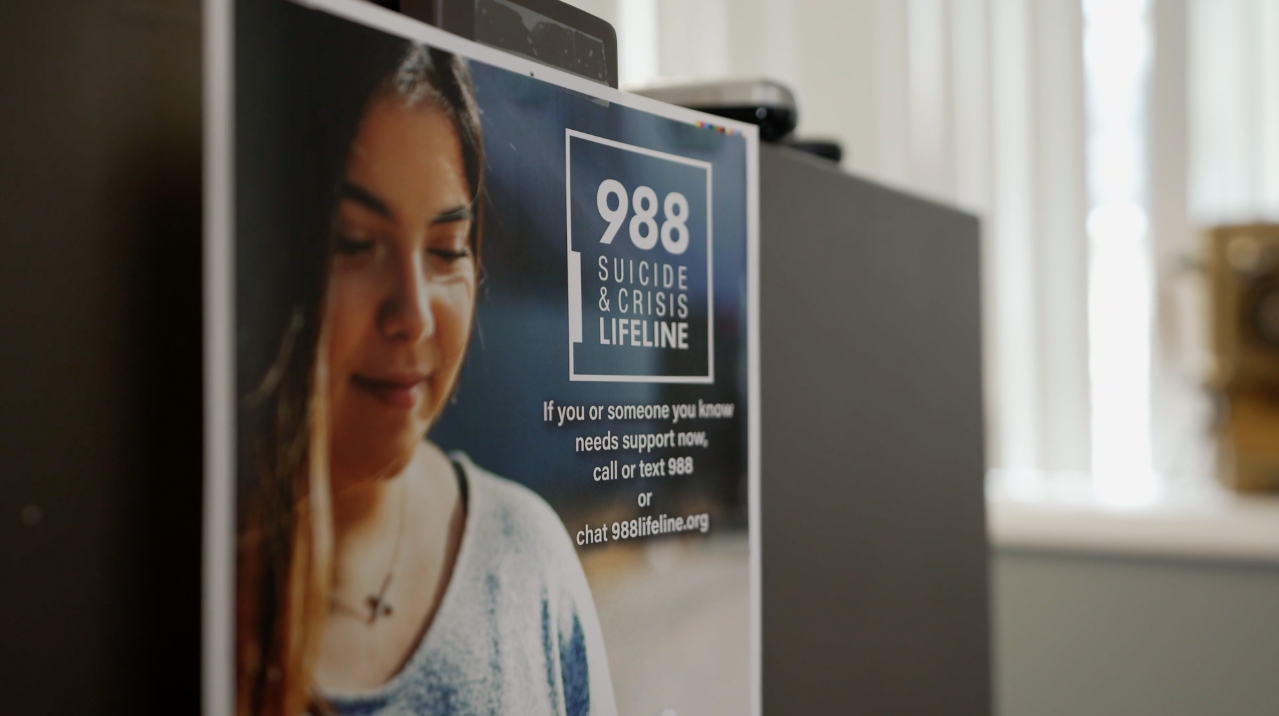
Saturday will mark a pivotal moment in the mental health movement as the United States rolls out a standardized national suicide hotline.
Beginning July 16, anyone dialing 9-8-8 will gain direct access to a trained counselor who can address their immediate needs and help connect them to ongoing care. All 9-8-8 calls, texts, and chats in Georgia will automatically be patched into the existing Georgia Crisis and Access Line (GCAL). Counselors will be available 24 hours a day, seven days a week, 365 days a year.
The new ‘911’ for mental health
The Federal Communications Commission (FCC) adopted the National Suicide Hotline Designation Act in 2020. The goal of establishing 9-8-8 as the “9-1-1” for suicide prevention and mental health services is to steer those in crisis away from law enforcement toward the people and services that can help them.

Currently, the majority of people experiencing a mental health emergency end up dialing 911, but that system was not set up to address mental health needs. Callers either end up in an emergency room, waiting for hours and sometimes days to get care, or they end up interacting with law enforcement, which can lead to tragedy or trauma. Mental health advocates hope that 988 will become a widely known, safer and more effective alternative.
Judy Fitzgerald, commissioner of the Georgia Department of Behavioral Health and Developmental Disabilities, has called the multiyear rollout of 988 “the largest transformation in behavioral health crisis response our state has ever seen.”
The new, easy-to-remember three-digit number is expected to double the demand on Georgia’s crisis system.
Georgia ranks 31st in suicide deaths in the United States. From 2019-2020, there was a slight decline in suicides in Georgia’s urban areas but an 8.3% rise in rural suicides. During the COVID-19 pandemic, from April 2020 to April 2021, Georgia has seen a 36% increase in overdose deaths.
Since 2008, suicide has ranked as the tenth leading cause of death in the United States. Suicide claimed the lives of more than 44,000 Americans in 2020, and evidence suggests that the COVID-19 pandemic has worsened suicidal thoughts and actions.
SEE ALSO
Georgia agency to answer calls for help over new 988 mental health crisis hotline







